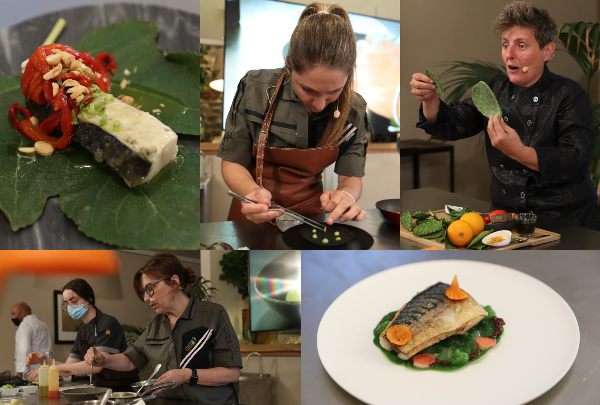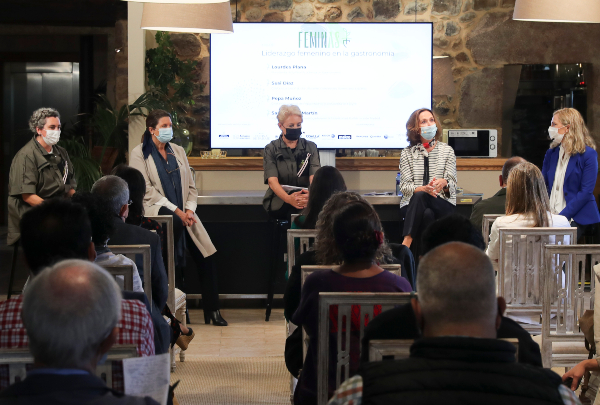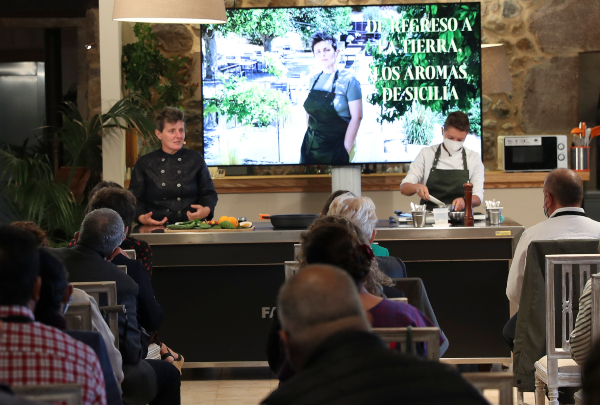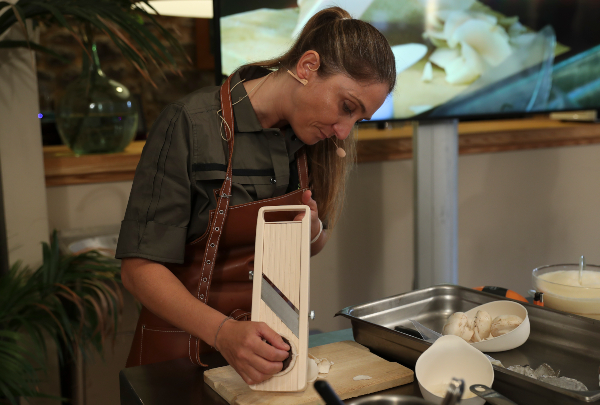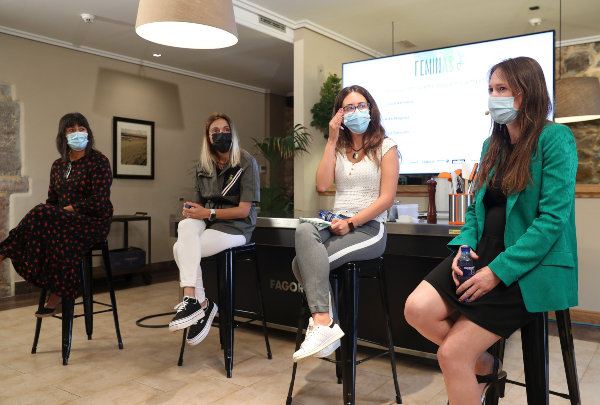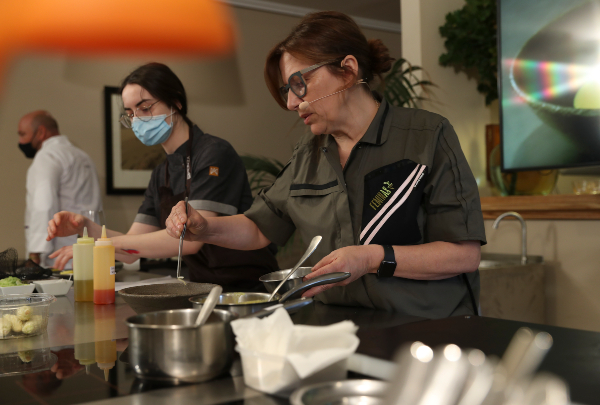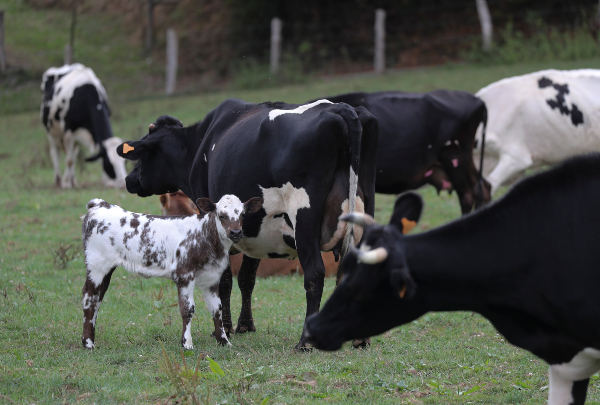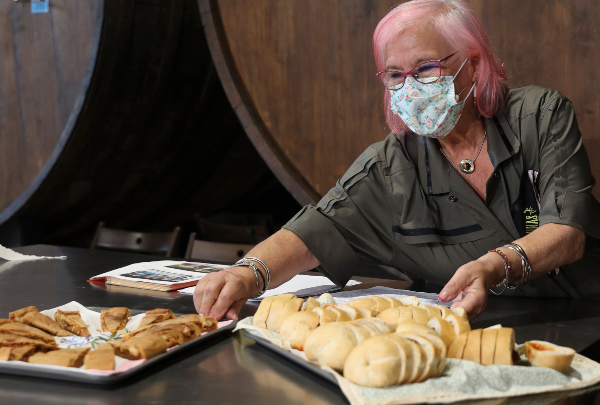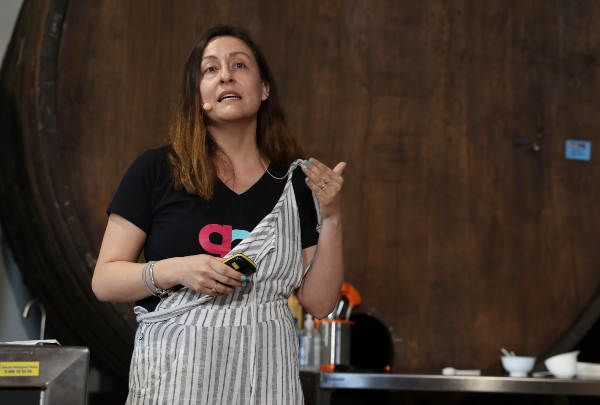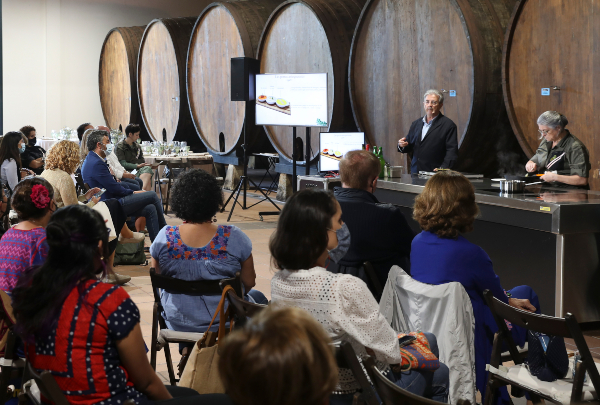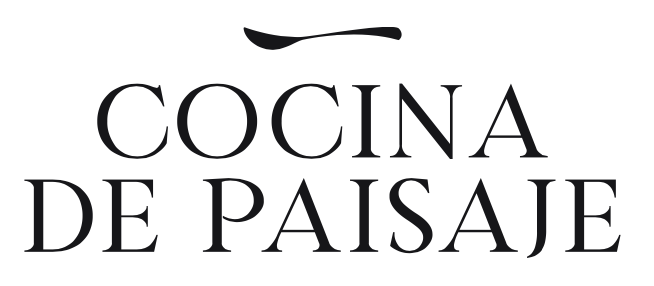News
“The future is rural”
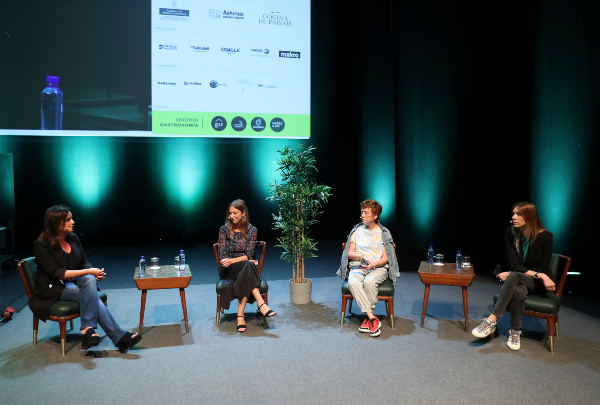
Restaurant managers and maîtres Amaranta Rodríguez, from Culler de Pau, Marián Martínez from Cenador de Amós and Sandra Manzano from Casa Marcial met up to discuss the management of spaces and personal time, the role of women in catering and work/life balances.
Amaranta, Marián and Sandra are the less mediatic - or less visible - faces of the restaurants they run alongside their chef partners, They are passionate about their work, and have managed to transform what happens in the kitchen into a unique experience for the diner. Knowing how to read what is happening on the restaurant floor, what diners are thinking, meeting their expectations, addressing each table personally and understanding the needs of each customer are essential for the business to operate properly. The merit always goes to the chef, but this is impossible without proper management of the restaurant. “There shouldn't be such a huge distinction between roles in restaurants because, at the end of the day, it's true that a restaurant should provide good food, but you also have to home in on the details to make the experience unique”, said Sandra Manzano. An opinion shared by Marián Martínez: “anything that happens on the restaurant floor, even intangible events, are important. You have to be able to read diners because, if you don't know what's going on in the dining room, you might end up with a dissatisfied customer ... a sampling menu operates like a Swiss watch, and if, for example, diners get up for a smoke break, that means stopping the watch. That means, for example, if the meat has to come out at a certain temperature, it won't be the same. And that's a failure on the restaurant floor. Every table needs a different kind of attention”. Amaranta Rodríguez believes that the floor crew informs the kitchen of all the goings-on, and facilitates the restaurant's work on several levels, including management and costs.
Another aspect discussed was the difficulty of the day-to-day management of a business with your partner or a member of your family. A 24/7 thing. On this issue, all three agreed that although sharing a project is marvellous and has many advantages, it is not always so easy. “You have lunch with your husband and it turns into a work meeting, but that's inevitable, because you see things you want to discuss”, says Amaranta Rodríguez. “In my case, the roles are completely different, but both he and I can say what we think about each other's work. At the end of the day you share confidences, and it's wonderful to share your work in such a passionate way”, says Marián Martínez. Sandra Manzano, meanwhile, explains that sharing a project with her siblings is a "beautiful" experience because "it's marvellous to see how four very different personalities complement each other and assist each other", but she adds that this is a system which has to be formed "naturally". In short, an intense experience that professionals must know how to handle, especially when children are around.
In fact, they also discussed the work/family balance on the subject of the pandemic. The Covid crisis has apparently filled their restaurants at hitherto impossible times. In other words, at 13:00/13:30 or 20:00/20:30. This has allowed them to spend more time with their families, and all three agree that this is a custom that must be consolidated to enable catering staff to enjoy more free time. “We can't talk about sustainability if our businesses aren't sustainable”, said Amaranta. She adds: "We've reduced the number of service slots to 8 so that we only work 44 hours a week. After all, you work long hours, and there's also a wonderful night life to have a few drinks”. The manager of Culler de Pau also remarked on how difficult it is to combine the profession with children, saying "I used to miss out on work because I was taking my children to their activities or because I was putting them to bed. At the end of the day, you always have to be there”. And it's the same with the restaurant staff. “You have people in the crew who've just given birth, and you have to understand their situation, because they can't see the profession as a handicap. In this case, the female vision is important”. Marián believes the fact that all diners would be there at 14:30 was difficult to manage, and that the hours invested were “unsustainable”. They have also reduced the number of service slots to 8, “and everyone should realise that someone is providing a service, and that working in catering also means losing out on certain things", she says. Sandra Manzano claims that if this change is not permanent, and is introduced quickly, there is a risk that no one will want to operate in the sector, and that it will go the same way as agriculture, where no one wants to work.
Even so, although all three call for better working hours in the hospitality sector, they used the time given to them by the pandemic for their families, and also for the business. El Cenador de Amós made use of the pandemic to distribute its bread - the artisan product they began to produce, using old techniques and recipes - to the rest of Spain, to create delivery facilities (where some brands took an interest), and to invest in energy sustainability. El Culler de Pau has built a greenhouse to show diners the experience from its origins, to give them an insight into the produce that will then appear on their plate. It also went into partnership with a cheese factory to create an outlet for excess production, and to create a new beverage. Casa Marcial, Sandra remarks, introduced a takeaway and delivery service.
In a rural environment, where customers have to drive kilometres if they want to eat, social media have helped. Not only thanks to their visibility, but also to a speedy service. “It's a marvellous showcase to demonstrate your work, the people behind each product ... and if you're working on a recipe, to show them the star attraction, or a top-quality tomato ...“. In addition to these benefits, Marián believes that social media are also a chance to give diners an insight into the reality of the sector. “It's fine for everything to be marvellous, but we should also be talking about what's not so marvellous". Sandra still focuses on the traditional word-of-mouth approach, because she repeatedly says that web posts end in disappointment. “You go to a place with huge expectations, and in the end you're disappointed. I think word of mouth is much better”.
Although consensus on all issues is obvious, the issue of the role of women in the rural environment is loud and clear. “Shellfish gatherers are women, the people working in the canning industry are all women, and I don't have to tell you who mends the fishing nets … and, yes, men went to sea, but meanwhile it was women that took care of the family, women went to the bank, to the school, women that worked at home ... and there was no money until the man came back, and women did all the work ... all that is gastronomy too”, exclaims Amaranta. “Women and the rural environment have always gone hand in hand. Women have always been great managers. Now people talk about the circular economy, but women were already doing all that and they were on top of it all, but they were never mentioned. Shoes were broken, and you took them to the cobbler, you gave work to local people, but now people throw things out", says Sandra.
As for the future, they are adamant: "It will be rural”. “The rural thing is all boutique, it's haute couture. You know producers by name, you offer a unique experience, with links to the local environment, and diners are compensated for driving a few kilometres. The future lies outside the cities …”, says Marián Martínez.

